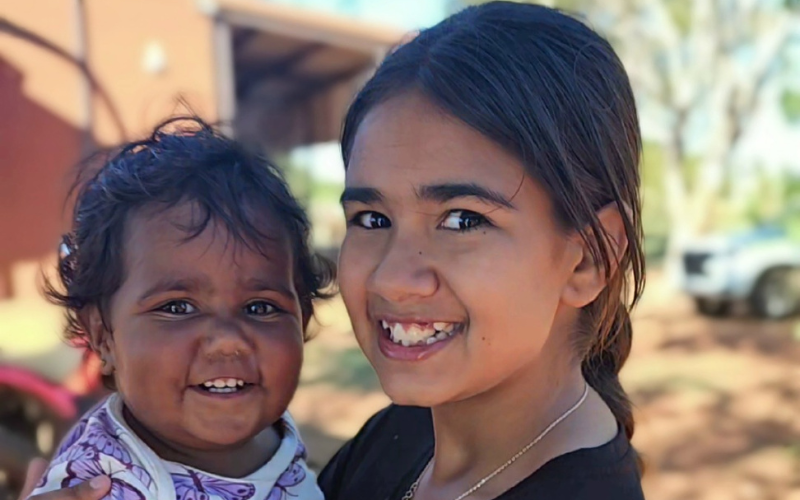Search
Showing results for "Au"
Research
Ascertaining infectious disease burden through primary care clinic attendance among young Aboriginal children living in four remote communities in Western AustraliaImproved public health measures targeting bacterial skin infections are needed to reduce this high burden of skin infections in Western Australia
Research
Infection characteristics and treatment of Staphylococcus aureus bacteraemia at a tertiary children's hospitalThere is a wide spectrum of disease severity in paediatric Staphylococcus aureus bacteraemia
Research
Dedicated paediatric Outpatient Parenteral Antimicrobial Therapy medical support: a pre-post observational studyWe examined the impact of introducing a dedicated team to OPAT, to define the role of increased medical oversight in improving patient outcomes in this cohort.
Research
SToP (See, Treat, Prevent) skin sores and scabies trial: study protocol for a cluster randomised, stepped-wedge trial for skin disease control in remote Western AustraliaSkin infection burden in remote Aboriginal communities can be reduced by the See, Treat, Prevent (SToP skin sores and scabies) trial
Research
COCOON: Virus transmission, immunity, and family wellbeing during COVID-19The delay in community transmission of the new Coronavirus in WA, together with the strict, social distancing measures that have been adopted, provide us with an opportunity to observe the level of immunity development to the virus within the community and assess the impact of COVID-19 pandemic on health and well-
Research
Improving primary prevention of acute rheumatic fever in Australia: consensus primary care priorities identified through an eDelphi processTo establish the priorities of primary care providers to improve assessment and treatment of skin sores and sore throats among Aboriginal and Torres Strait Islander people at risk of acute rheumatic fever (ARF) and rheumatic heart disease (RHD).

News & Events
Community connections key to improving children’s lung healthThe key to improving the lung health of Aboriginal children lies in establishing strong community connections.
Research
Barriers and enablers of health service utilisation for childhood skin infections in remote aboriginal communities of Western AustraliaHealth service utilisation in this setting may be enhanced by improving general awareness of the significance of childhood skin infections
Research
The Future Healthy Countdown 2030 consensus statement: core policy actions and measures to achieve improvements in the health and wellbeing of children, young people and future generationsThis consensus statement recommends eight high-level trackable policy actions most likely to significantly improve health and wellbeing for children and young people by 2030. These policy actions include an overarching policy action and span seven interconnected domains that need to be adequately resourced for every young person to thrive: Material basics; Valued, loved and safe; Positive sense of identity and culture; Learning and employment pathways; Healthy; Participating; and Environments and sustainable futures.
Research
Research priorities for the primordial prevention of acute rheumatic fever and rheumatic heart disease by modifying the social determinants of healthThe social determinants of health such as access to income, education, housing and healthcare, strongly shape the occurrence of acute rheumatic fever and rheumatic heart disease at the household, community and national levels.
